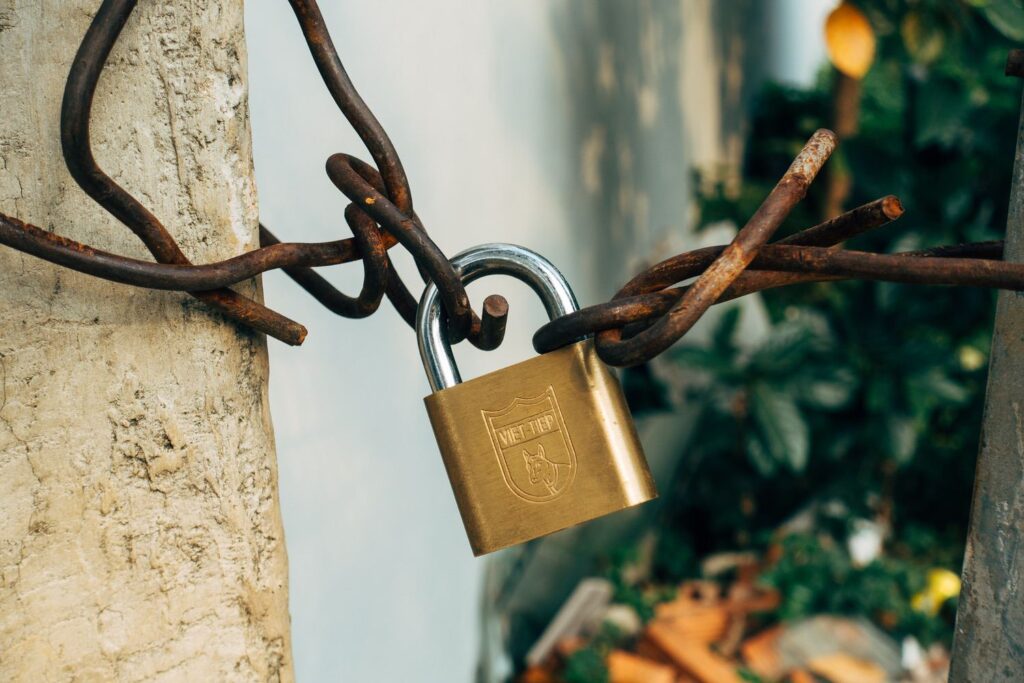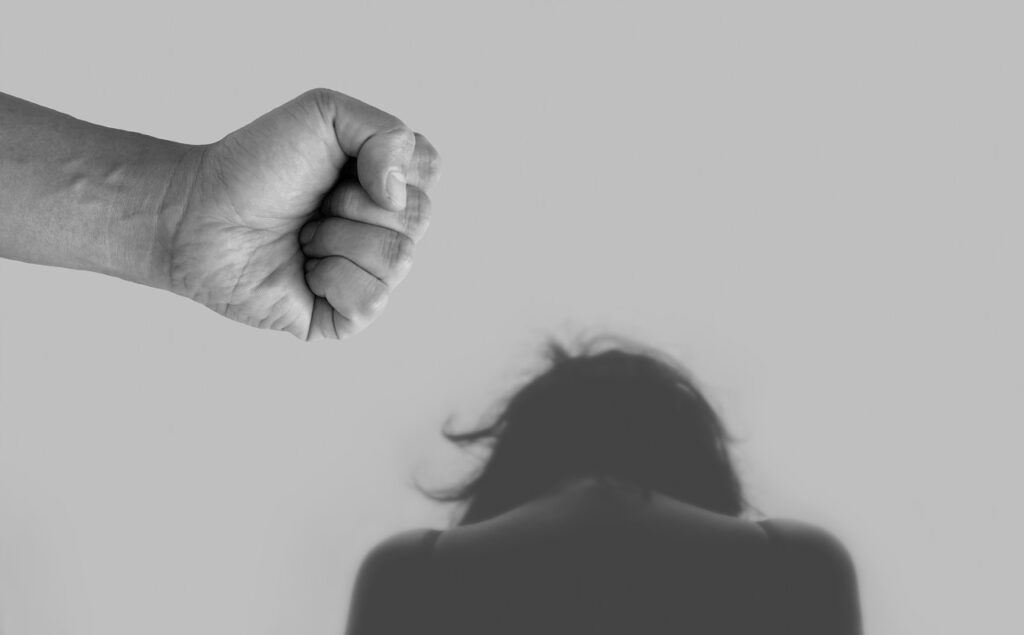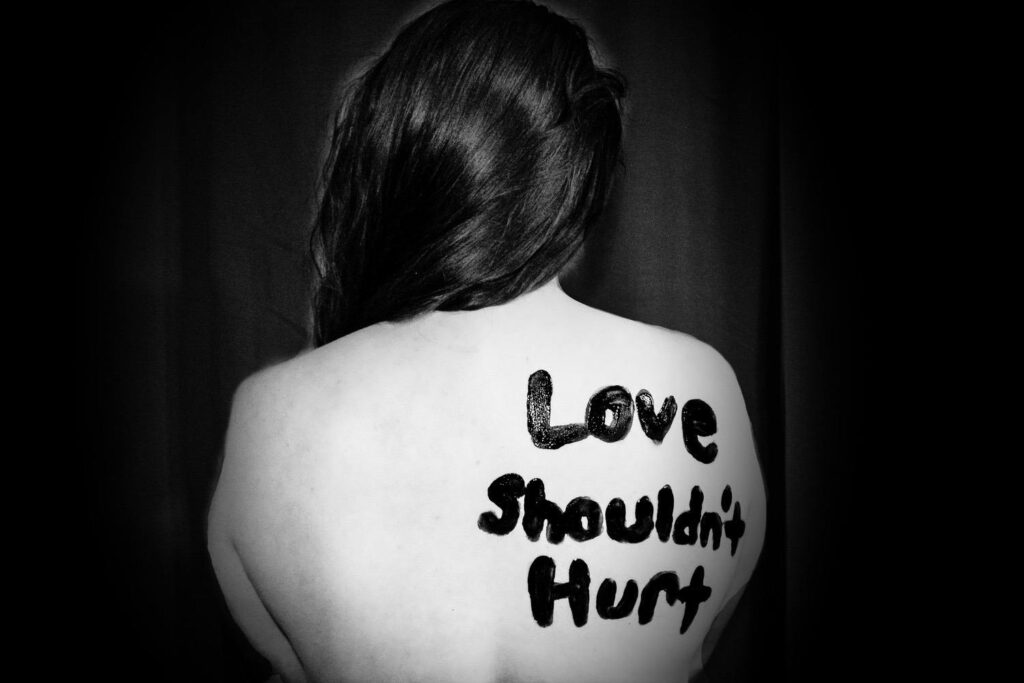Blog
You are Not Powerless: Legal Remedies for VAWC Victim-Survivors
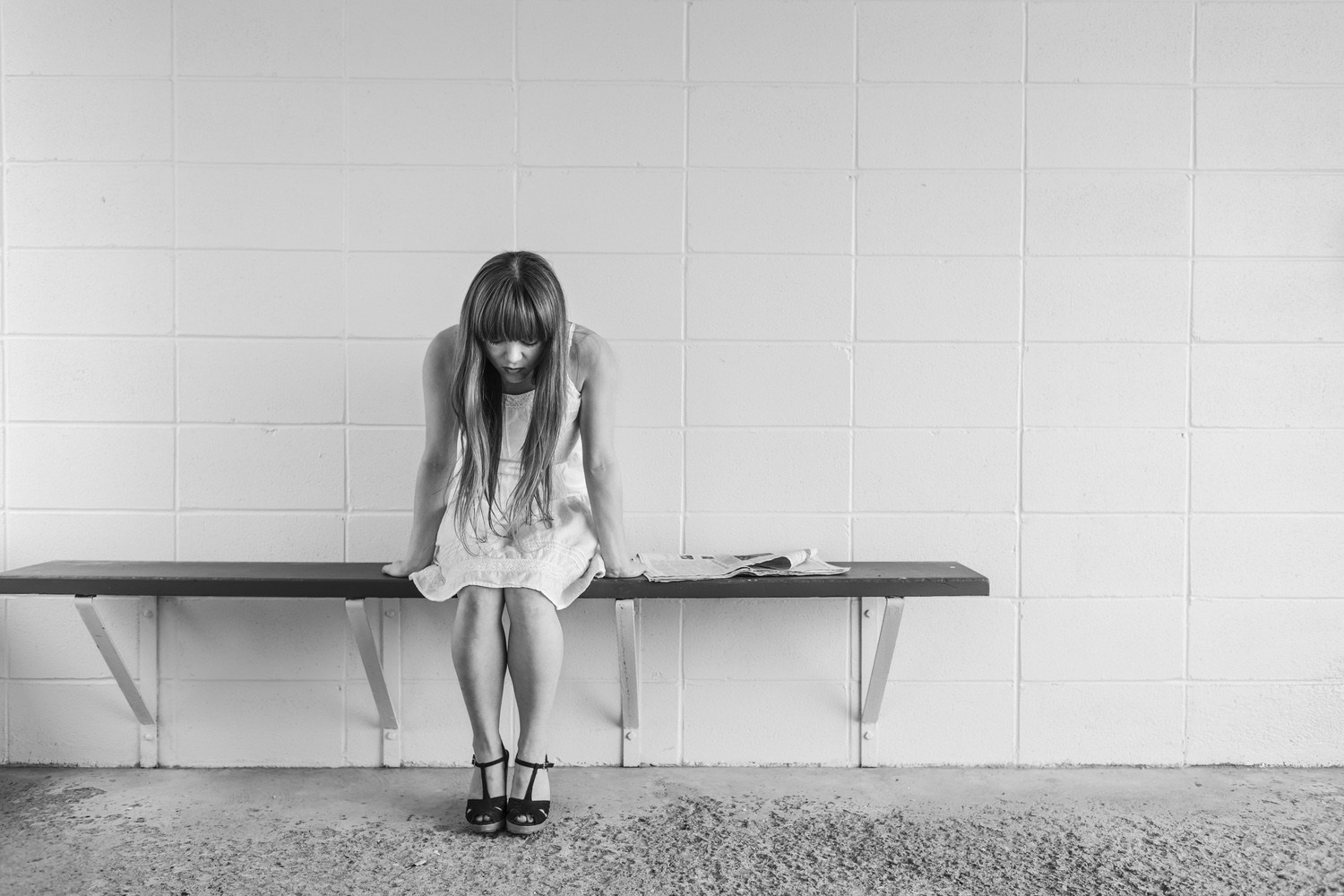
It is an unfortunate reality that women and children experience violence in a world where compassion and respect are the bare minimum requirements. For many years, women’s and children’s rights advocates have endlessly fought for violence against women and children to end, or at the very least, to be reprehended. The enactment and implementation of Republic Act No. 9262, otherwise known as the “Anti-Violence Against Women and Their Children Act of 2004” has significantly shifted the movement against violence in women and children. The law itself provides for legal remedies that victim-survivors may resort to after having experienced violence in their homes. These legal remedies are the following:
- Battered Woman Syndrome as a valid defense;
- Custody of children to be given to the mother;
- Claim for damages;
- Exemption from payment of docket fees and other expenses;
- Hold Departure Orders; and
- Protection Orders.
Battered Woman Syndrome as a Valid Defense
Battered Woman Syndrome refers to a scientifically defined pattern of psychological and behavioral symptoms found in women living in battering relationships as a result of cumulative abuse.1 If the courts find that a victim-survivor is suffering from Battered Woman Syndrome, she does not incur any criminal and civil liability, regardless of whether or not any of the elements for the justifying circumstance of self-defense under the Revised Penal Code is present.2
Note that the law requires that the courts be assisted by expert psychiatrists or psychologists in determining the state of mind of the victim-survivor suffering from Battered Woman Syndrome at the time that the crime was committed.3

Custody of Children
The guilty parent loses his/her custody of their children. Moreover, the custody of minor children shall, at any instance, not be given to the perpetrator of violence against a woman who is suffering from Battered Woman Syndrome. 4
It is the woman who is entitled to the custody of their children. The custody of children below seven (7) years old older but with mental or physical disabilities shall automatically be given to the mother, unless the courts find meritorious reasons to order otherwise. In all instances, the woman is entitled to support. A woman who is suffering from Battered Woman Syndrome shall likewise not be disqualified from having custody of her children. 5
Claim for Damages and Exemption from Payment of Docket Fees and Other Expenses
A victim-survivor of violence shall be entitled to actual, compensatory, moral and exemplary damages.6 Damages may include actual medical expenses for the treatment of injuries as a result of the violence experienced, mental anguish, sleepless nights, and emotional or psychological suffering.
Aside from the right to claim damages, a victim-survivor may also be exempted from payment of docket fees and other expenses when filing a case. These instances are: (1) if the victim-survivor is an indigent; or (2) there is an immediate necessity due to imminent danger or threat of danger to act on an application for a protection order. In any of these instances, the court shall accept the application without payment of the filing fees and other expenses.7
Hold Departure Order and Protection Order
A victim-survivor may also request the from the courts a Hold Departure Order, the process of which the courts shall expedite.8 This shall prevent the guilty party from leaving the Philippines.
A Protection Order, on the other hand, is an order issued to prevent further acts of violence against a woman or her child. Its purpose is to safeguard the victim-survivor from further harm, minimize any disruption in the victim-survivor’s daily life, and facilitate the opportunity and ability of the victim-survivor to independently regain control over her life.9 Protection Orders will be discussed in detail on the next article.
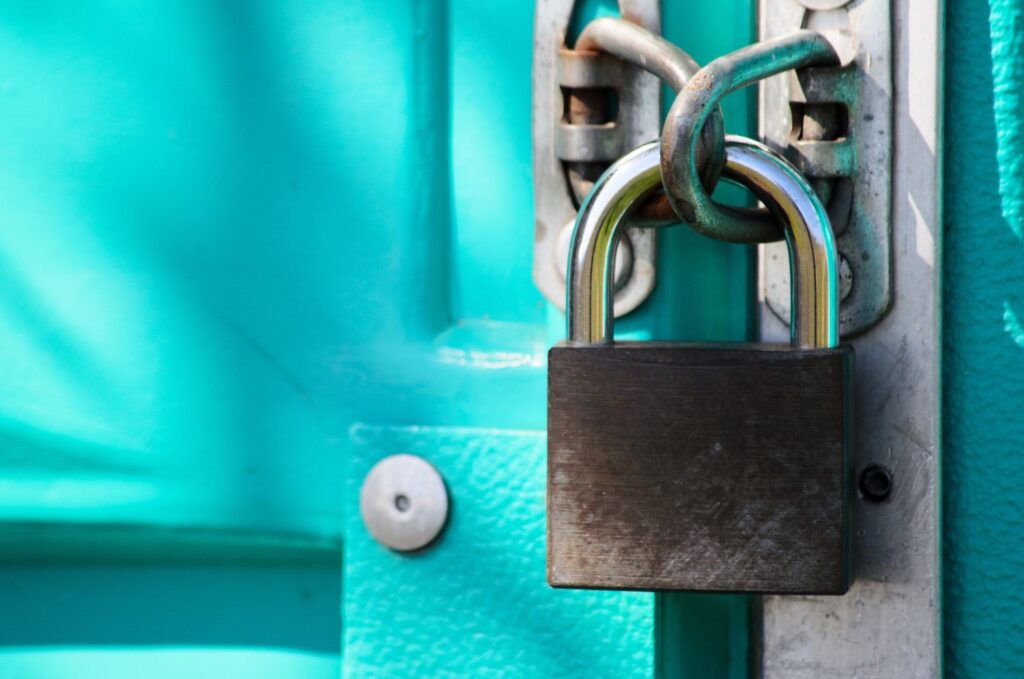
The Anti-Violence Against Women and Their Children Act of 2004 ensures that victim-survivors are not left without legal remedies to fight the violence they experienced in their homes. These legal remedies pave the way for safeguarding the victim-survivors from further acts of violence and aid them in living a life with freedom and peace.
AJA Law is committed to providing compassionate legal services especially for women and children who have been victims of violence. Should you find yourself in need of assistance in availing any of these legal remedies, you may get in touch with us. We will assist you in seeking justice and holding the responsible persons accountable for the acts of violence they have committed.
Prepared by Cheza Biliran.
FOOTNOTES:
1. Section 3(c) of Republic Act No. 9262.
2. Section 32, Rule 5 of the Implementing Rules and Regulations of Republic Act No. 9262.
3. Section 32, Rule 5 of the Implementing Rules and Regulations of Republic Act No. 9262.
4. Section 34, Rule 5 of the Implementing Rules and Regulations of Republic Act No. 9262.
5. Section 34, Rule 5 of the Implementing Rules and Regulations of Republic Act No. 9262.
6. Section 35, Rule 5 of the Implementing Rules and Regulations of Republic Act No. 9262.
7. Section 37, Rule 5 of the Implementing Rules and Regulations of Republic Act No. 9262.
8. Section 36, Rule 5 of the Implementing Rules and Regulations of Republic Act No. 9262.
9. Section 8 of Republic Act No. 9262.


